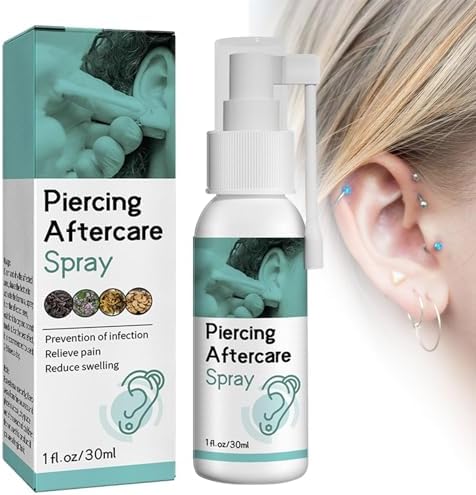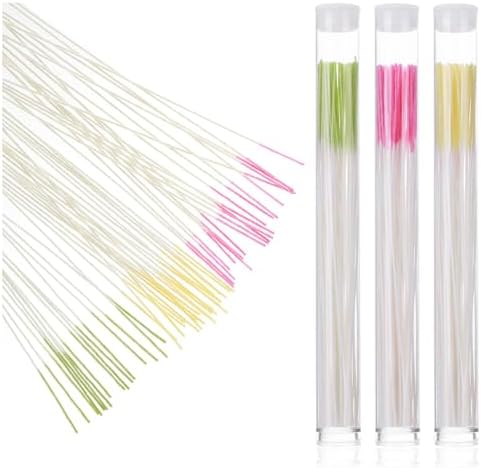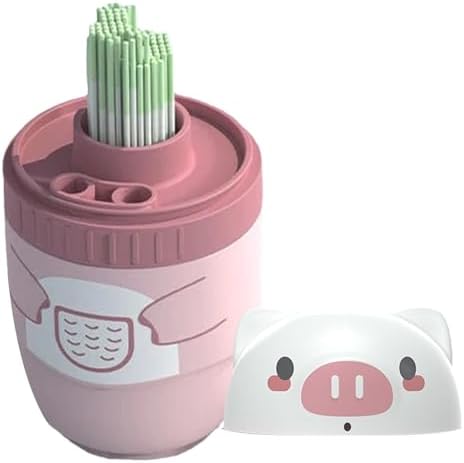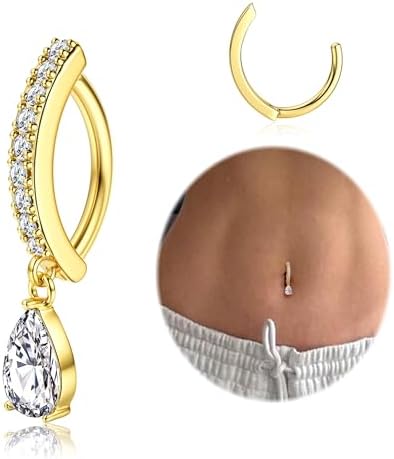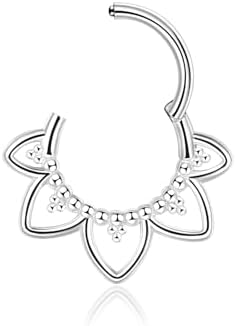Understanding the Importance of Piercing Care
Proper care for piercings is essential for a number of reasons, primarily to prevent infections, support the healing process, and maintain the overall appearance of both the jewelry and the surrounding skin. Piercings create a channel through the skin, which can be exposed to various bacteria and irritants. If not properly cleaned, this exposure may lead to complications such as infections, which can cause significant discomfort and even require medical treatment. Thus, understanding how to care for your piercings is crucial to ensure they heal correctly and remain healthy over time.
Different piercings come with unique challenges based on several factors, including skin type, the specific location of the piercing, and the material of the jewelry used. For instance, individuals with sensitive skin may react to certain metals found in jewelry, making the choice of material an essential consideration in the initial healing phase. Materials such as titanium or surgical steel are often recommended due to their hypoallergenic properties, reducing the likelihood of adverse reactions during healing.
The placement of the piercing significantly influences how often and in what manner it should be cleaned. For example, facial piercings may require more frequent attention than those located on less exposed areas of the body, as they are more susceptible to dirt and bacteria. Additionally, some skin types may produce more oil or sweat, which could necessitate a modified cleaning regimen. Therefore, tailoring your piercing care to fit the individual characteristics of your body, jewelry, and the specific type of piercing is vital for achieving optimal health and appearance.
The commitment to proper piercing care is a long-term investment in your health and aesthetic interests. Establishing a consistent routine that recognizes these diverse factors will help you enjoy your piercings safely and beautifully.
When to Clean Your Piercings: Timing is Key
Cleaning your piercings at the right time is crucial for promoting healing and preventing complications. The frequency and approach to cleaning will vary considerably based on the stage of the healing process. Immediately after getting a piercing, care should be taken to clean the area at least twice a day. During the initial healing period, it is advisable to use a saline solution or a recommended piercing cleaner. Always ensure your hands are clean before touching the area, as this helps minimize the risk of transferring bacteria.
Within the first few weeks, the piercing is particularly vulnerable to infection. It is essential to monitor for any signs of irritation, swelling, or unusual discharge, which can indicate potential complications. In such cases, cleaning should be more frequent, ideally after any activity that exposes the piercing to dirt or sweat. Refraining from touching or twisting jewelry during this phase can significantly aid the healing process, reducing the likelihood of irritation.
Once the initial healing period, usually lasting a few weeks to a couple of months, is over, the cleaning routine can transition to once a day or every few days, based on personal hygiene and lifestyle factors. Even healed piercings require attention; routine cleaning should never be neglected. Additionally, if you notice redness or discharge, it may indicate a form of irritation or infection. In such situations, increasing the frequency of cleaning or consulting a professional piercer or healthcare provider is advised. Timely care and observation are key to maintaining healthy piercings, ensuring they remain a beautiful expression of personal style.
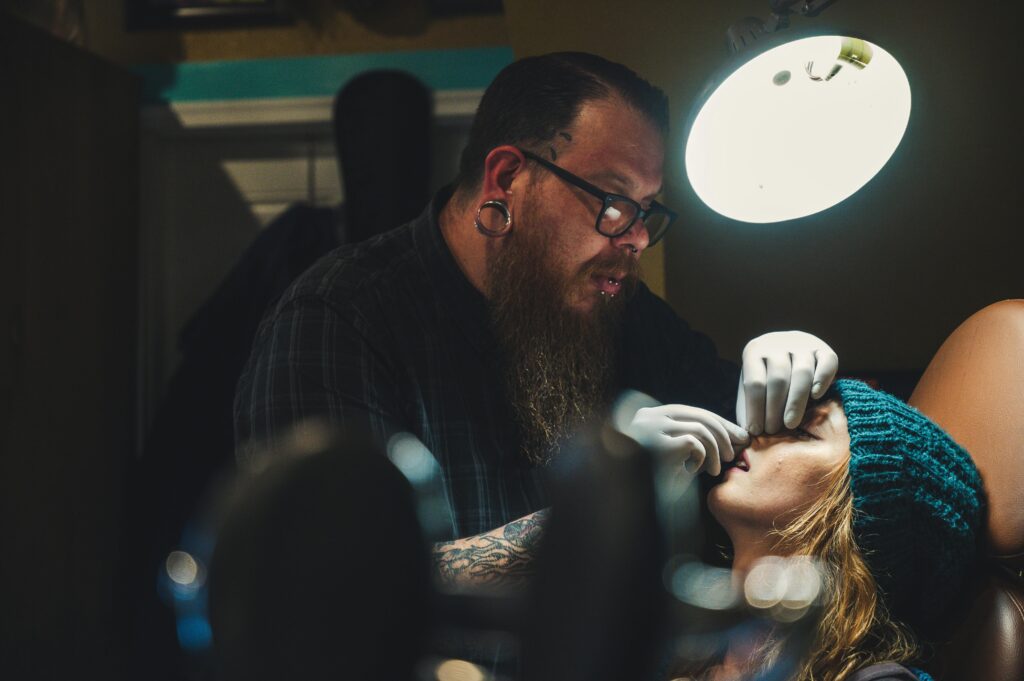
Step-by-Step Guide to Cleaning Your Piercings
Maintaining the cleanliness of your piercings is essential for preventing infections and ensuring proper healing. The following step-by-step guide will help you effectively clean various types of piercings while using safe techniques and recommended cleaning solutions.
First, gather the necessary tools. You will need a saline solution or a non-alcoholic antiseptic solution, cotton swabs or gauze pads, and a clean towel. It is crucial to avoid alcohol or hydrogen peroxide, as they can irritate the piercing and delay healing.
Next, wash your hands thoroughly with soap and water to prevent any bacteria from being transferred to the piercing. Once your hands are clean, dampen a cotton swab or gauze pad with the chosen cleaning solution. Gently cleanse the area around the piercing, taking care not to apply excessive pressure. For earlobe piercings, ensure the solution penetrates both the front and back of the earlobe. For cartilage piercings, use a gentle circular motion to clean around the jewelry without moving it excessively.
For facial piercings, such as lip or eyebrow piercings, ensure you clean the skin surrounding the jewelry thoroughly. Avoid touching the piercing itself with your fingers, as this can increase the risk of infection. If your piercing has crust or discharge, gently remove it with the cotton swab soaked in the saline solution, making certain not to yank the jewelry.
After cleaning, dry the area with a clean towel or let it air dry. It is essential to clean your piercings twice a day during the healing process. However, the frequency may vary based on the type of piercing and any specific advice from your piercer. Remember, patience and consistency are key when it comes to caring for your piercings.
Common Mistakes to Avoid and When to Seek Help
When it comes to maintaining the health of your piercings, understanding common mistakes is crucial. One frequent error is the use of inappropriate products for cleaning. Many individuals mistakenly think that alcohol or hydrogen peroxide will effectively cleanse their piercings, but these substances can actually be too harsh and lead to irritation or delayed healing. Instead, a saline solution or a product specifically designed for piercing aftercare is recommended. Using gentle, non-alcoholic products ensures that the area remains clean without compromising the healing process.
Another common mistake is cleaning piercings too aggressively. It is essential to recognize that piercings, particularly fresh ones, require a gentle approach. Rubbing vigorously or using rough materials can cause trauma to the skin, increasing the risk of infection or scarring. A light touch with clean hands is sufficient to keep the area clean. Additionally, over-cleaning can disrupt the natural healing process, so it’s advisable to follow a consistent but moderate cleaning routine.
Neglecting aftercare altogether is yet another pitfall that can lead to complications. Aftercare is vital for any piercing, and ignoring it can result in infections or prolonged healing times. Ensuring to follow an aftercare regimen, including regular cleaning and avoiding unnecessary handling, is critical for piercing health. It is important to be mindful of signs indicating when to seek professional help, such as persistent redness, swelling, or discharge that has an unusual odor. If you experience these symptoms, consulting a professional piercer or healthcare provider is essential. Acting promptly can help mitigate potential complications and ensure that your piercings remain healthy.

